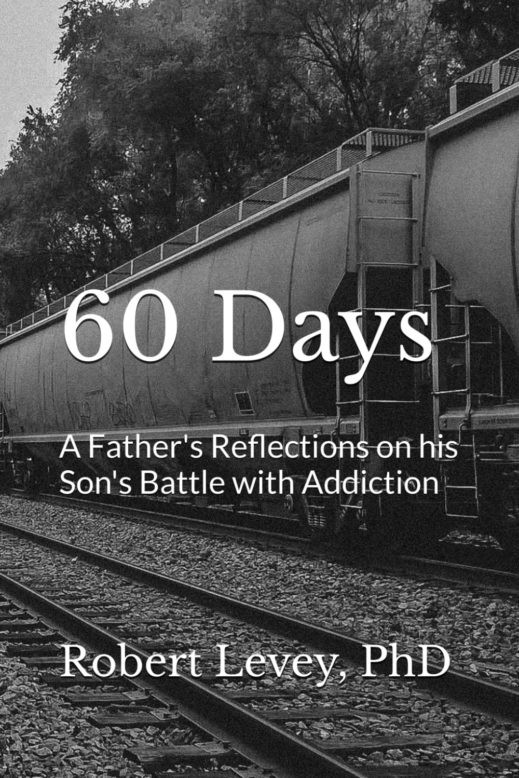All my life, I have essentially waded at the edges of the proverbial pools of life–a condition that does not lend itself to transformation, an idea I recently gleaned from Braiding Sweetgrass (2013) by Robin Wall Kimmerer. A book that weaves Indigenous wisdom, scientific knowledge, and the teachings of plants, Braiding Sweetgrass is stunning in its simple wisdom that is really not that simple at all.
Is parenting simple? Is love simple? Are the truths peddled by various experts in any number of fields (business, marketing, real estate, etc., etc.) actually simple? Must every question have a definitive answer? Must every question beget a (pick your number) step solution? Is anything linear?
Perhaps the answers to these questions lie in the waters around (and within us). Am I speaking metaphorically? Kimmerer certainly is not when she says the following:
Among our Potawatomi people, women are the Keepers of Water. We carry the sacred water to ceremonies and act on its behalf. “Women have a natural bond with water, because we are both life bearers,” my sister said. “We carry our babies in internal ponds and they come forth into the world on a wave of water. It is our responsibility to safeguard the water for all our relations.” Being a good mother includes the caretaking of water. (2013, p. 94)
Kimmerer says, “Transformation is not accomplished by tentatively wading at the edge” (p. 89), and I cannot help but interpret this statement as descriptive of my approach to life. It has been easy to hide in my role as marketer, pitching ideas in service of systems and processes developed by others–and yet, what is my responsibility to others, to Earth, to myself now that I have completed my doctorate in Transformative Studies. Am I not transformed? Am I not now charged with a (sacred) responsibility to be of service to others?
“In one short life where does responsibility lie” (Kimmerer, 2013, p. 95)? Indeed, how do I answer this question? Perhaps, I can look to the apple tree for this answer:
The apple tree leans out over the water and makes for a shadowy arbor. In spring a drift of pink and white blossoms send plumes of fragrance wafting down the hill and a rain of petals on the water. For years now I’ve watched her seasons, from frothy pink blossoms, to gently swelling ovaries as the petals fall away, to sour green marbles of adolescent fruit, to the right golden apples of September. That tree has been a good mother. Most years she nurtures a full crop of apples, gathering the energy of the world into herself and passing it on. She sends her young out into the world well provisioned for their journey, packaged in sweetness to share with the world. (2013, p. 95)
I’m not sure I will ever look at a tree (or mother) the same way again. I also cannot imagine I will remain content to continue to wade at the edge(s). What can I offer? What can any of us offer? Questions like these speak to a scarcity paradigm, a concept explored at great length by Canty (2022) in Returning the Self to Nature.
Canty, J. M. (2022). Returning the self to nature: Undoing our collective narcissism and healing our planet. Shambhala Publications.
Kimmerer, R. (2013). Braiding sweetgrass: Indigenous wisdom, scientific knowledge and the teachings of plants. Milkweed editions.


